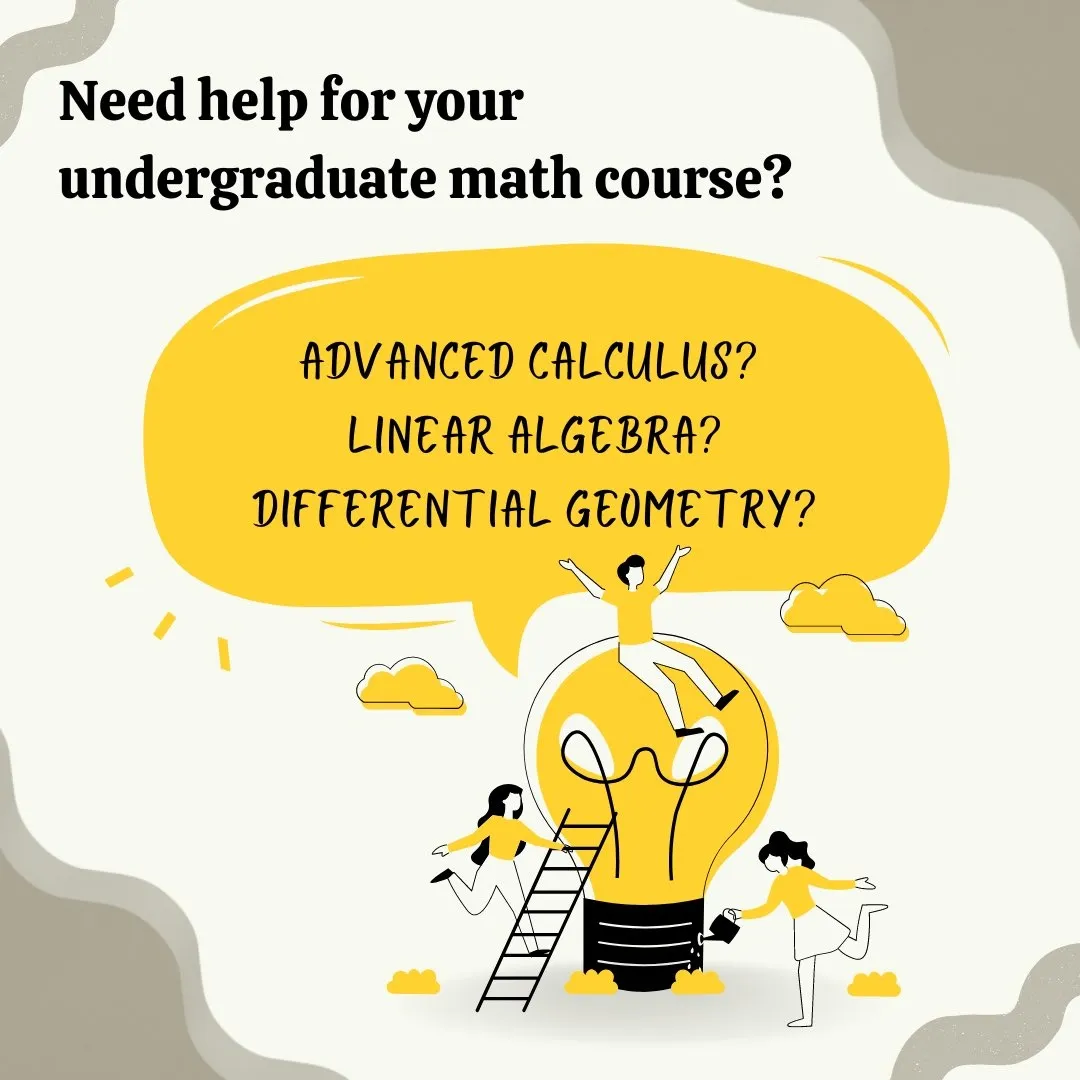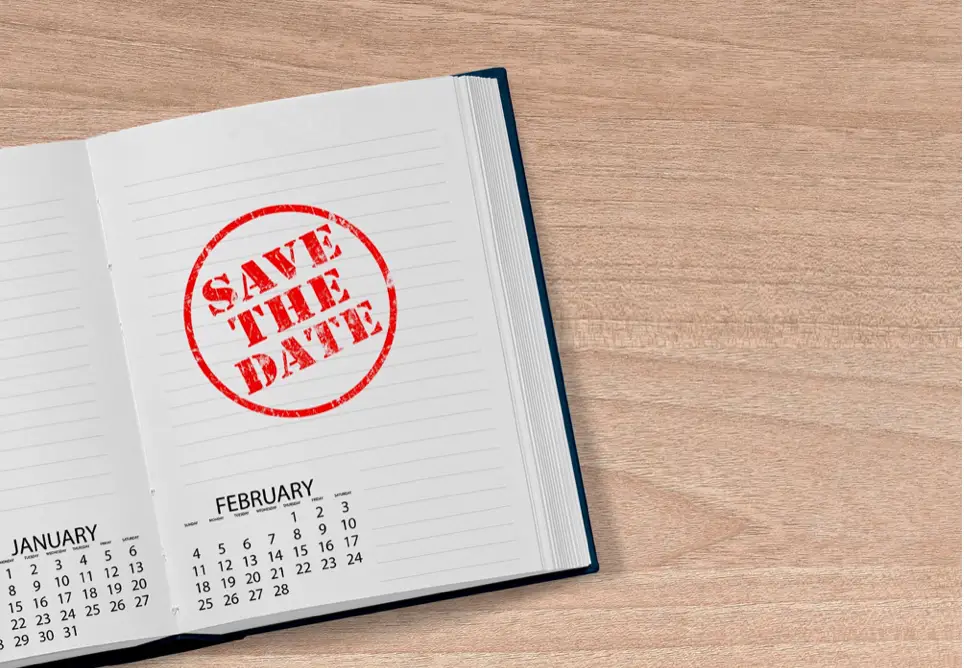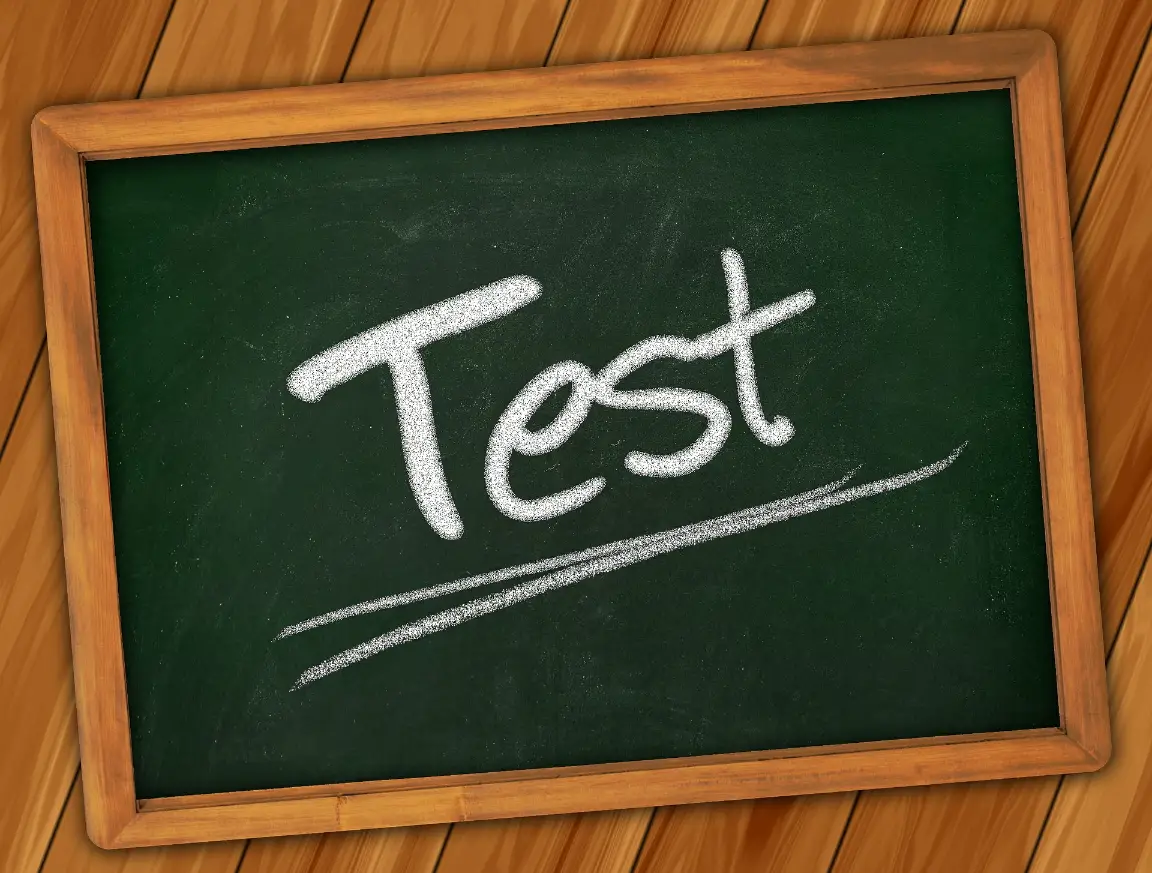Common Entrance exams are an essential part of getting into many of the top independent senior schools in the UK, so it’s crucial that students are well prepared. On top of English, Maths and Science, he or she may sit exams in French, Geography, History, Religious Studies, or even Latin, Greek or Spanish. Most parents start working with their child at least a year before the exams. This gives the parents and students both time to identify knowledge gaps, and any areas where confidence is lacking. By providing a quiet and comfortable place to work, setting realistic targets, utilising revision materials on the market, and boosting the student’s performance with encouragement and praise, parents are then setting their child up for exam success and a great future.
11+: What parents need to know?
-
The 11+ exams will take place in the Autumn or Spring term of Year 6.
-
Pupils will sit exams in English, Mathematics and Science.
-
There is only one academic level.
-
Pupils will be tested on their reading and writing skills in two separate exam papers for English.
-
Pupils are expected to show a high level of competence in the Mathematics exam.
-
Pupils will have one Science paper that combines Biology, Chemistry and Physics.
-
For further details see www.iseb.co.uk.
-
Parents can make a real difference by ensuring their child knows what they will be tested on.
-
Parents can use Practice Papers to develop and perfect your child’s exam technique.
-
Parents can download some past exam papers for a true exam paper experience.
-
Parents can look for an experienced tutor to help with their child.
13+: What parents need to know?
-
The 13+ exams will take place in the spring or summer of Year 8 (a November examination is available but is usually only used for practice purposes)
-
All candidates will sit exams in English, Maths and Science.
-
Candidates can sit exams in French, Geography, History, Religious Studies, Latin, Classical Greek, German and Spanish.
-
Papers are set at different levels according to the ability of the candidate.
-
Candidates will be given two English papers, each with a reading and writing section.
-
Candidates will be given three Mathematics papers: a calculator, non-calculator and mental arithmetic paper.
-
Candidates may either sit one Science exam which combines all three disciplines, or three separate papers in Biology, Chemistry and Physics.
-
For the French exam, candidates will sit three French papers which test listening, speaking, and reading and writing.
-
For Geography, all candidates will have the same Geography examination, which tests map-reading skills, global location knowledge and understanding of geographical themes.
-
For History, all candidates sit the same History exam, which tests evidence and essay writing skills.
-
The Religious Studies exam depends on the syllabus your child has studied at school.
-
For further details see www.iseb.co.uk.
-
Parents can make a real difference by ensuring their child knows what they will be tested on.
-
Parents can download some past exam papers to help their child practise.
-
Parents can use specialist textbooks to revisit the topics with which their child might be less familiar.
-
Parents can look for an experienced tutor to help with their child.






